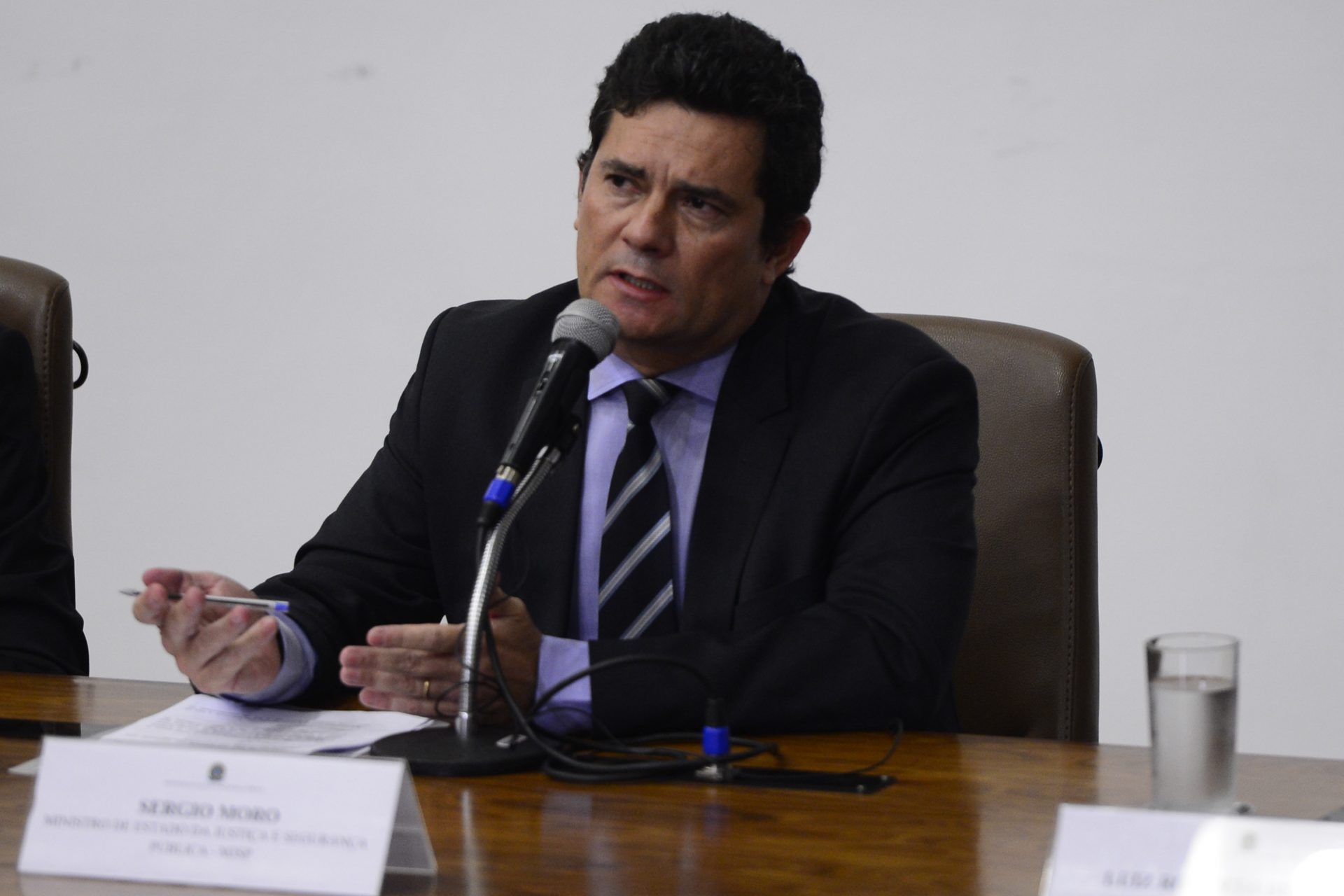Moro demands the Supreme Court justice he has denied to Lula da Silva

Recent statements by Sergio Moro and his defense lawyers show that the former minister would not like to be judged by someone whose traits resemble his own as a magistrate. In other words, the Moro under investigation would not like to be judged by the judge Moro.
Both Moro and Bolsonaro face the inquiry n. 4. 831, currently examined by the Federal Supreme Court. The inquiry was opened four days after Moro stepped down as a minister of State – one that he accepted in 2018, the same year of Brazilian presidential elections.
It is possible to extract from Moro´s declarations and his lawyers two main lines of demands: boundaries for those acting as public agents and observance of the due process in order to ensure the right of defence.
Regarding the first main demand, Moro’s lawyer Rodrigo Sánchez Rios wrote an article on May 16, on the importance of those who hold government management positions to act according to “the public’s and society’s best interests, and not to the will, interest and projects of those who hold these positions temporarily”. As to the second main demand, they request full access to a file related to the inquiry mentioned above, to ensure the principle of “equality of arms” of the right of defense.
There is no conceptual aspect whatsoever that leads to disagreement of any of Moro’s or his defense team’s assumptions. The observance of boundaries of the public agents actions, as well as the observance of all fundamental guarantees in the exercise of the right of defense is something we always defend as lawyers and citizens. The respect for these legal parameters stems from civilization’s achievements and, besides that, it is the only way to comply with the Federal Constitution and the international agreements Brazil has ratified through treaties.
As a judge, however, Moro acted against these parameters. He acted like a tyrant. He treated defendants like enemies; he denied the right of defense to its core; scrutinized; shamed; attacked and encouraged attacks on lawyers. He tapped our phone calls. He timed the proceedings to the political calendar.
He accepted unofficial international cooperation, and on the fringe of Brazilian law. He trusted the privacy promised by an app to act in disregard of the magistracy ethics code and of the fundamental rights of defense, as the series of stories published by The Intercept Brasil revealed.
Lula’s case brings all these wrongdoings of Moro as a judge, as the writ of habeas corpus filed in the Supreme Federal Court, in November 2018, shows. Moro has promoted an utter crusade against Lula, aiming to meddle in the country’s political scenario. Moro acted like a politician because he was going to become one.
The same reasons Moro currently states when exercising his own right to defense reinforce the necessity of the justice system to correct past mistakes, made by Moro himself.
The suspicion judgement of the former judge is a fundamental step towards this direction. And it is up to the same Supreme Court to which he currently addresses his claims.
Cristiano Zanin and Valeska T. Zanin Martins are lawyers and act on behalf of former president Luiz Inácio Lula da Silva (Workers Party).
Folha de S. Paulo | Revision: Maurício Pupo.



